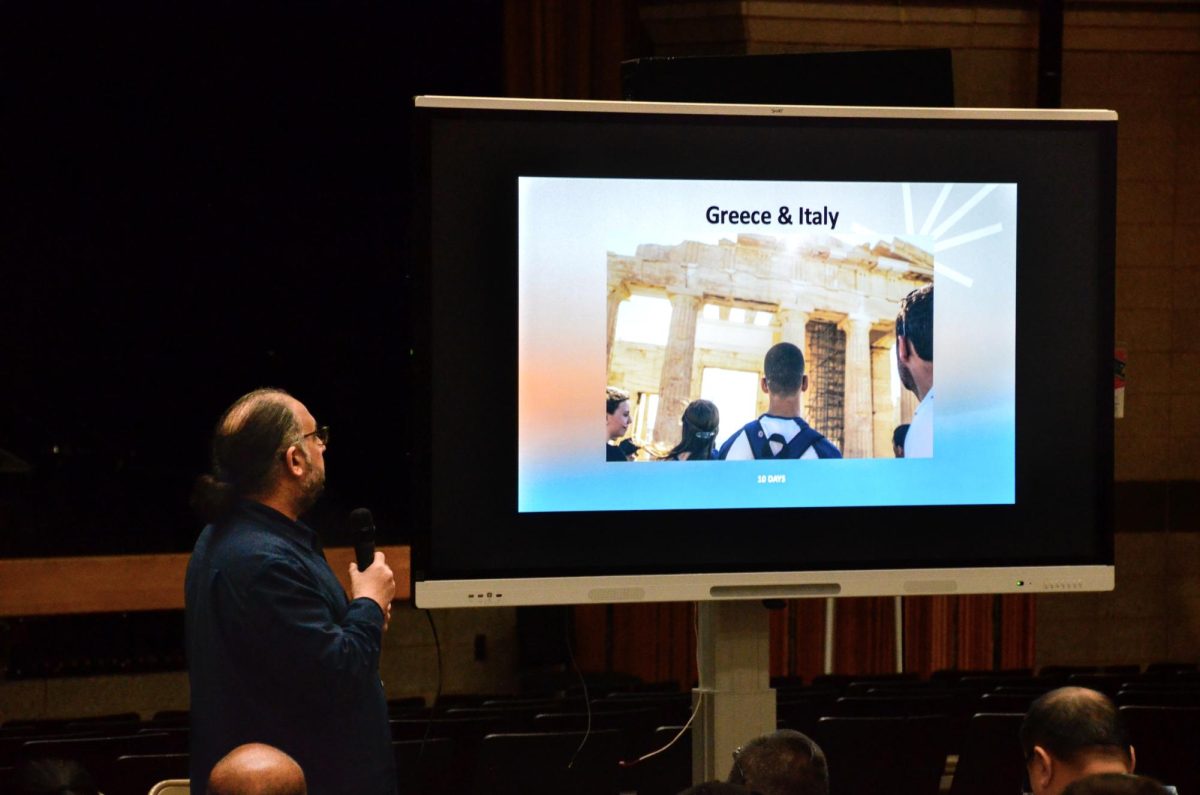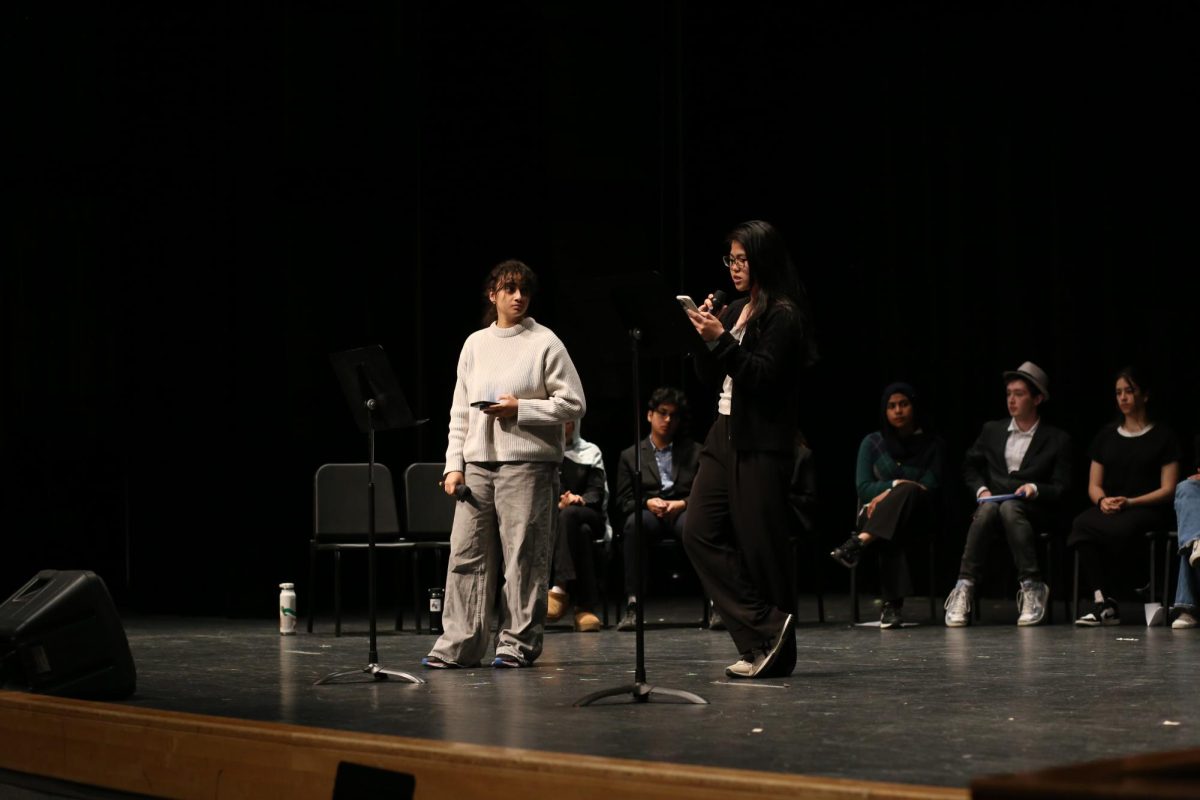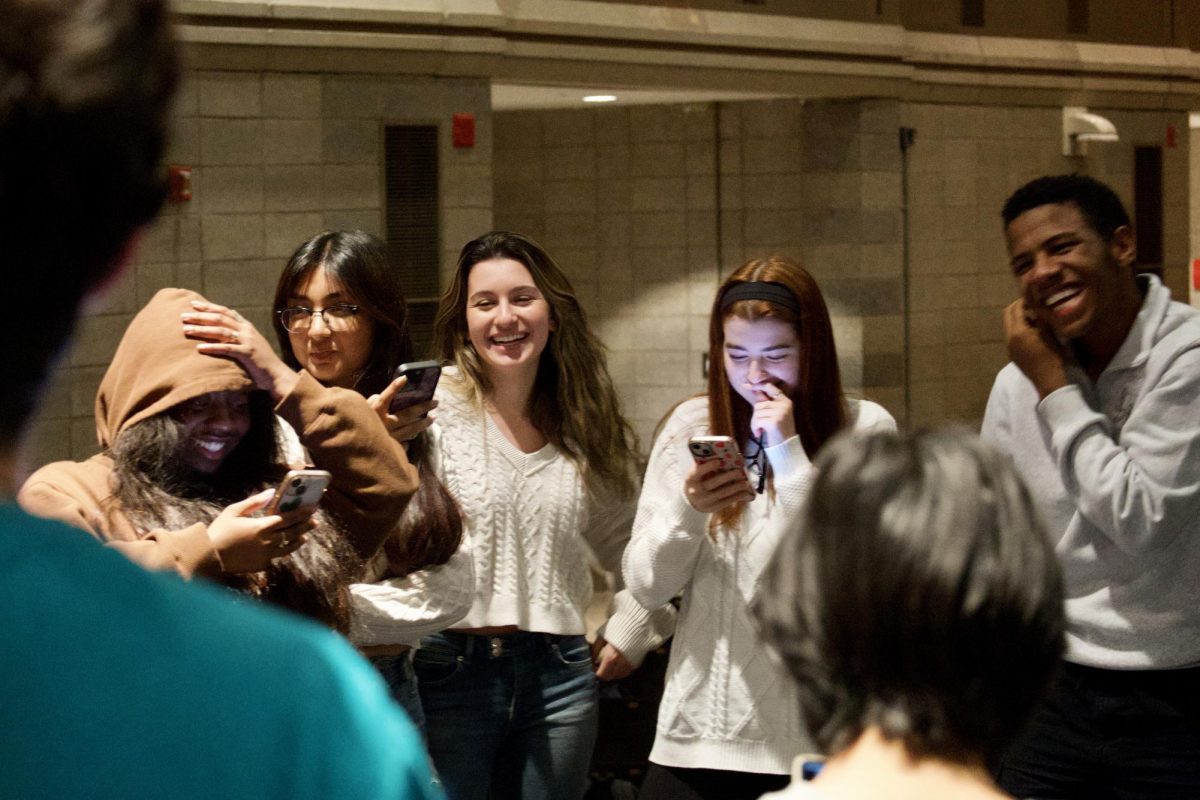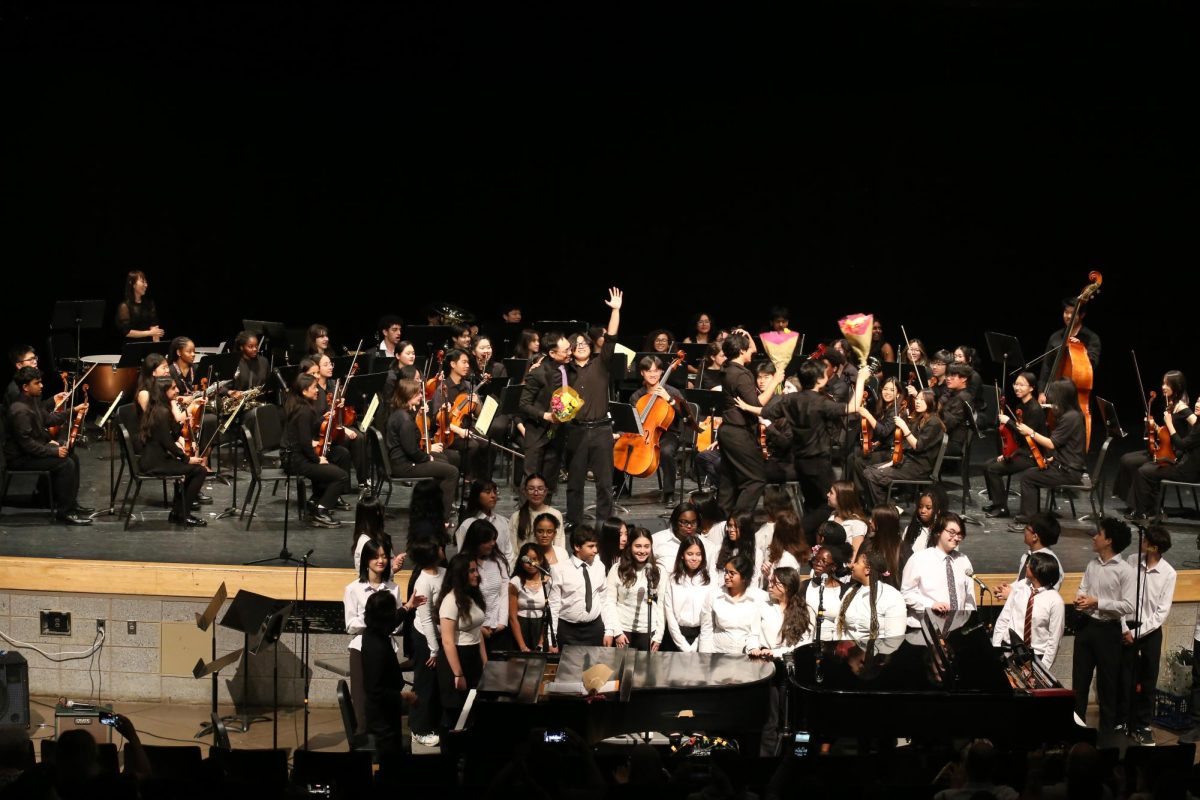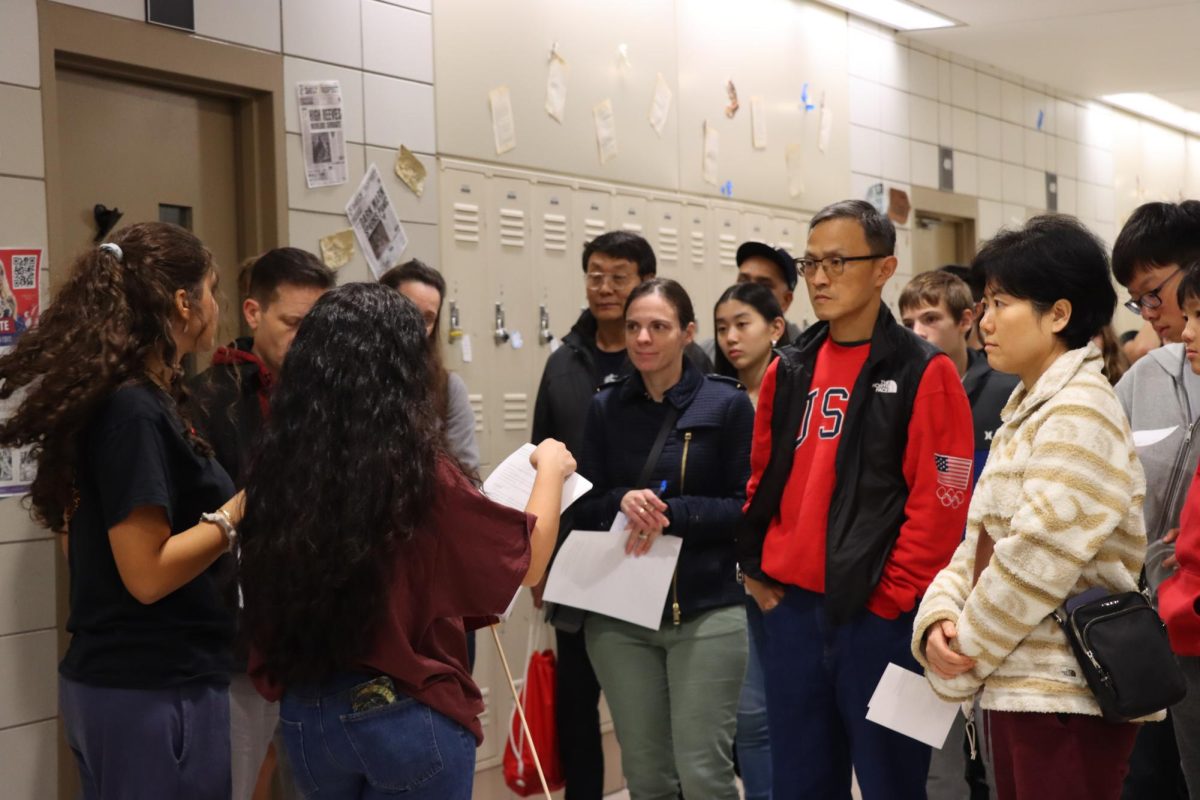
Among the first things that prospective students hear about Townsend Harris High School is its emphasis on the art of language. Whether it is a classical or modern language, THHS wants its students to indulge in the speech and culture that is connotative of our international community. Considering that the language selection here appears to be relatively diverse, it is shocking that a major language like Mandarin Chinese is missing from the possible choices. China’s rising economy and its extensive trade with the U.S. have contributed to a deep partnership between the two countries. The U.S. trade deficit with China has been increasing annually, and as a result, the U.S. relies on goods imported from China. Given this growing and dependent relationship, it makes sense to give our students the opportunity to learn the language of a major player in the global economy. Students who intend to pursue international or corporate business would benefit greatly from such a class, which is why an increasing number of Americans who are NOT of Chinese ancestry has been studying the language for professional purposes.
More and more schools, ranging from elementary to high schools, are adding Mandarin to their curricula. Nationwide, there are over 550 schools that offer Chinese, including schools within NYC, such as Bayside High School, Brooklyn Tech, and Francis Lewis. If the schools around us are able to teach Mandarin to their students, we should be able to as well. In the race to provide students with a more worldly education, THHS is falling behind.
The Chinese language, which is the third most commonly spoken language in the United States, and its culture play a significant role in the melting pot that is New York City. They bear a huge influence on our community and are especially prominent in the part of Queens in which THHS is located: Flushing, New York. By continuing to deny THHS students the chance to learn Mandarin, we are ignoring a significant part of our immediate community.
In addition to offering the traditional modern and ancient languages, our school should embrace the benefits that teaching Mandarin could offer. Not only will it bring Chinese-American students closer to their roots and culture, but it will also grant students the chance to connect with a growing international culture.



